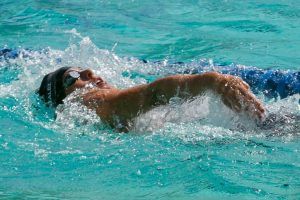
10 Motivational Swimming Quotes to Get You Fired Up
Looking for some awesome swim quotes? Give this list of motivational swimming quotes a look the next time you need to rock and roll in the pool.
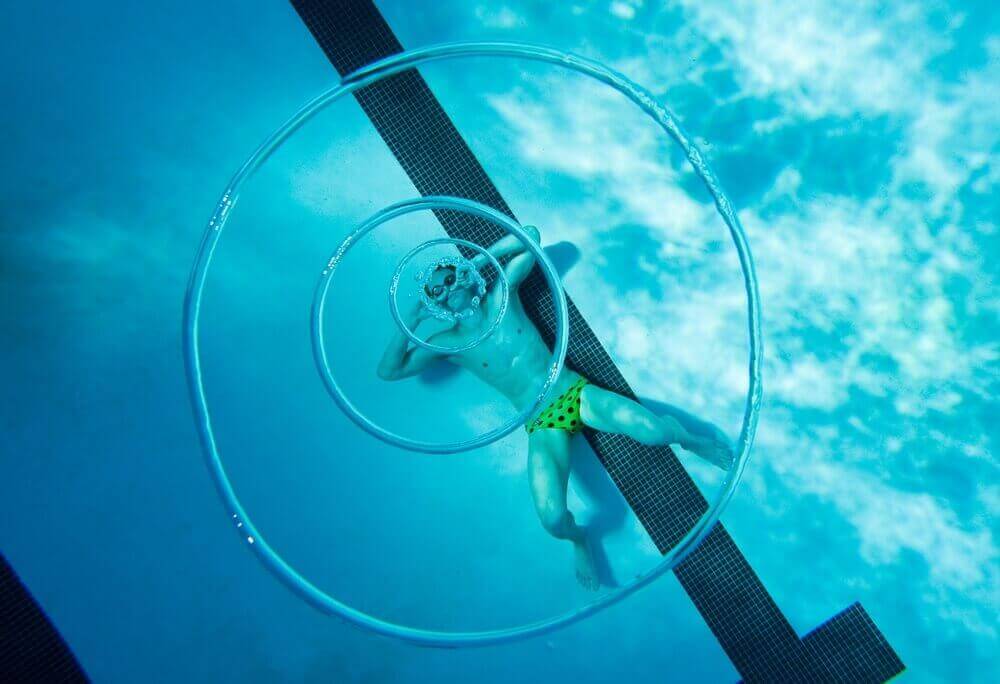
Because, well, science.
The adage “Don’t work harder, work smarter!” is just as true in swimming as in other realms of life. There are ways that we can intelligently train that yield better results—if we choose to use them!
Here are 5 smarty-pants methods to have better swim practices more often:
We all have those habits in the water that we struggle with maintaining or improving.
Whether it’s a breathing pattern, a commitment to performing a set number of underwater dolphin kicks off each wall, or holding better streamlines, there are things that we know we can do better and yet we still struggle to do so.
A simple way that can increase the likelihood of sticking to better training and lifestyle habits (by 200-300% according to research) is using something called “implementation intentions,” or “if-then” planning.
What it does is anchor something you want to do with something you are already doing.
Here are a couple examples:
The goal is to put a desired behavior on auto-pilot—something that needs as little thought as tying a shoe or brushing your teeth.
And what is better than not having to mentally struggle doing the things that will help you succeed?
This is probably the biggest one, and something you can use outside of the pool with hilarious effect.
How often have you had a wildly ambitious goal for your swimming, but pulled up before the hard work begins?
Perhaps you start to think you’ve bit off more than you can chew. Or the scope of the work is paralyzing. Or you thought it would be easier.
To combat this paralysis make starting that tough workout the only goal. Don’t even think about finishing it. How much effort is required to do it. Or anything else.
Make the goal starting that first rep, and absolutely nothing else.
When you make starting the goal, no matter how small or outwardly frivolous the step may seem, you set off something in your brain that is almost guaranteed to take you the rest of the way.
Why is this?
Because your brain goes absolutely mental when it comes to unfinished tasks.
It’s why once you start a really hard set that it becomes harder to quit than to finish.
It’s why you end up telling yourself, “Well, hey! That wasn’t so bad!” after a hard workout.
And it’s the same function that causes you regret at other things you haven’t completed or finished in your past.
Starting is the whole ball game.
Make your goal doing the warm-up, or just the first rep of that tough set. The momentum and need-to-complete will take you home.
Visualization is a massively important tool. And something any swimmer can find real results in using.
Study after study has shown the power and effects of visualization reaching nearly the same effect as overt physical training, which is pretty crazy when you think about it. (Pretty close, I said, so no, you can’t skip practice because you stayed home and “totally visualized it.”)
But perhaps the most powerful way to use mental imagery is in the moments before a big rep or a big set.
In the minutes leading up to a big effort mentally rehearse the way you are going to cruise along the surface of the water. How you are going to snap your hips at the end of your stroke. The way your streamline knifes through the water.
Imagine your stroke, exactly the way you want to perform it, and then unleash it.
Track sprinters using this technique performed an average of 87% better doing some quick mental rehearsing the couple minutes before their race, so yes, it works.
This stuff is wildly powerful, and when used regularly in your training can not only improve your performance in the pool, but also lower stress and anxiety levels when it comes time to showing up on race day.
Variety might be the spice of life, but when strategically applied to your swimming workouts it can also help shake you loose of bad training habits and help you install new, more productive ones.
One of the most powerful methods of disrupting our behaviors and habits is by changing the environment.
You probably knew this on some level, after all, how many times when you are struggling have you thrown your hands in the air and told yourself, “Something has got to change!” Or, “I need to mix things up!”
Well, as it turns out there is research that shows the power of changing up your environment to unstick yourself. When we change our surroundings it makes it easier to promote good behaviors and habits while also removing the bad habits that have been lingering for longer than we’ve liked.
Here are some examples of changes you can make based on degree of disruption:
Often we only pull ourselves out of a rut when our environment is changed for us. (A new coach shows up, for instance and suddenly we begin dropping silly amounts of time.)
Don’t be afraid to adjust your environment and supply it with the occasional jolt in order to keep you stimulated and motivated.
This research showed that when participants in a weight loss program were asked to journal their nutrition regularly they lost twice the amount of weight as those that didn’t.
Which goes to show that if it is important to you and your goals, that you have to be measuring it.
After all, just some of the reasons tracking your workouts is so powerful include—
You want to swim faster? Make practice go by more rapidly? And get more time from your effort spent in the pool?
Of course ya do!
Now apply these proven methods for getting better workouts out of your time in the pool and swim faster when it comes time to stepping up on the blocks.

Olivier Poirier-Leroy Olivier Poirier-Leroy is the founder of YourSwimLog.com. He is an author, former national level swimmer, two-time Olympic Trials qualifier, and swim coach.
✅ Free shipping on Orders over $49
✅ Price Match Guarantee
✅ Best selection of gear for training and competition
✅ Fast and Easy Returns

“This is the best book I have ever seen concerning mental training.” — Ray Benecki, Head Coach, The FISH Swim Team


Looking for some awesome swim quotes? Give this list of motivational swimming quotes a look the next time you need to rock and roll in the pool.
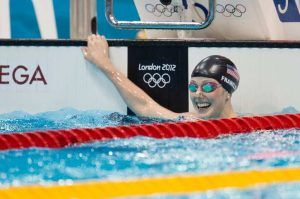
Missy Franklin’s book Relentless Spirit details the triumphs and tribulations on the path to becoming an Olympic champion. Here is a review of the book, along with key takeaways, quotes and highlights…
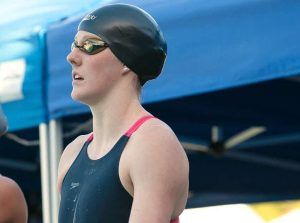
American swim star Missy Franklin captivated the world during her reign as one of the best swimmers on the planet. Here’s how she built her self-confidence going into big swim meets.
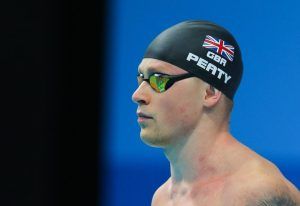
If you want to swim faster and maximize your preparation in the water, make sure you are focused on real solutions and not fake problems.
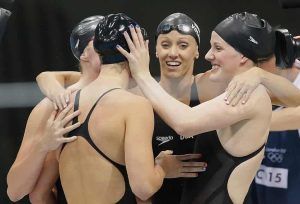
Ever wondered why some swimmers always swim ridiculously fast on relays? Here’s how the kind of motivation you use behind the blocks influences how you perform in the water.
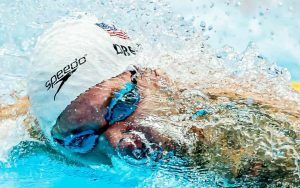
This is the ultimate guide for helping age group swimmers get highly motivated. You are going to learn about some proven techniques and tools that you can start using today to light your motivation on fire. (And keep it burning bright after that first burst of motivation fades away.) If
SITE
SHOP
GUIDES

LANE 6 PUBLISHING LLC © 2012-2025
Join 33,000+ swimmers and swim coaches learning what it takes to swim faster.
Technique tips, training research, mental training skills, and lessons and advice from the best swimmers and coaches on the planet.
No Spam, Ever. Unsubscribe anytime.
